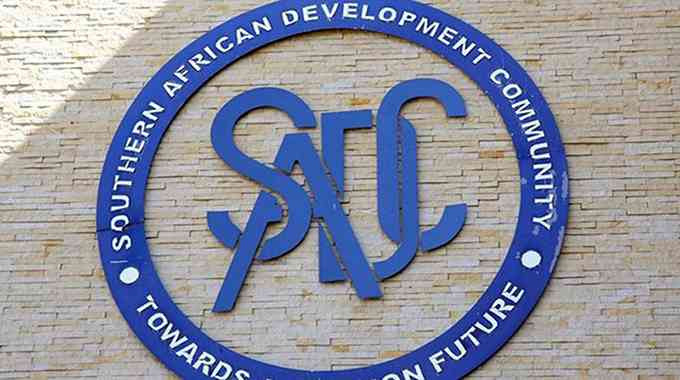
ZIMBABWE and other Southern African Development Community (Sadc) countries are moving closer to full implementation of the e-border custom system also known as the Electronic Certificate of Origin (e-CoO) to reduce the cost of doing business.
This emerged at a validation workshop on the impact assessment study of the e-CoO held in Lusaka, Zambia last week.
According to reports from Zambia, Sadc senior programme officer for customs, Alcides Monteiro, said there was a need to fast-track the full implementation of the e-CoO system.
Monteiro said that was in line with recommendations of the Committee of Ministers of Trade during its 31st meeting held in Windhoek, Namibia, in 2019.
"The ministers approved the Sadc e-CoO Framework and directed the secretariat to facilitate its implementation across member States," Monteiro said.
Zambia Revenue Authority (ZRA) commissioner-general, Dingani Banda, highlighted the importance of digital innovation in boosting trade competitiveness across the region.
“The e-CoO initiative, endorsed by Sadc ministers in 2019, is a milestone that will reduce the cost of doing business, enhance efficiency and combat fraud in cross-border trade,” said Banda.
He commended member States that are already piloting the system as part of broader customs reforms, including electronic data exchange and smart border technologies.
- SADC pushes for e-border custom systems
Keep Reading
Zimbabwe Revenue Authority (Zimra) commissioner of customs Batsirai Chadzingwa underscored the need to modernise trade facilitation processes to align with global digital trends such as e-commerce, e-payments and electronic certificate of origin.
“The adoption of the e-CoO system will promote investment, improve the ease of doing business and drive the implementation of the Sadc Industrialisation Strategy under the Free Trade Area agenda,” Chadzingwa said.
The electronic system, officially launched in September 2022 in Blantyre, Malawi, is being used by Eswatini, Botswana, Mauritius, Namibia, the United Republic of Tanzania and Zimbabwe.
Previously, the Sadc certificate of origin was processed manually since the operationalisation of the Free Trade Area in 2008.
The shift from a manual to an electronic processing platform is expected to reduce transaction costs and time, eliminate fraud through secure digital transmission and improve access to accurate trade statistics.










